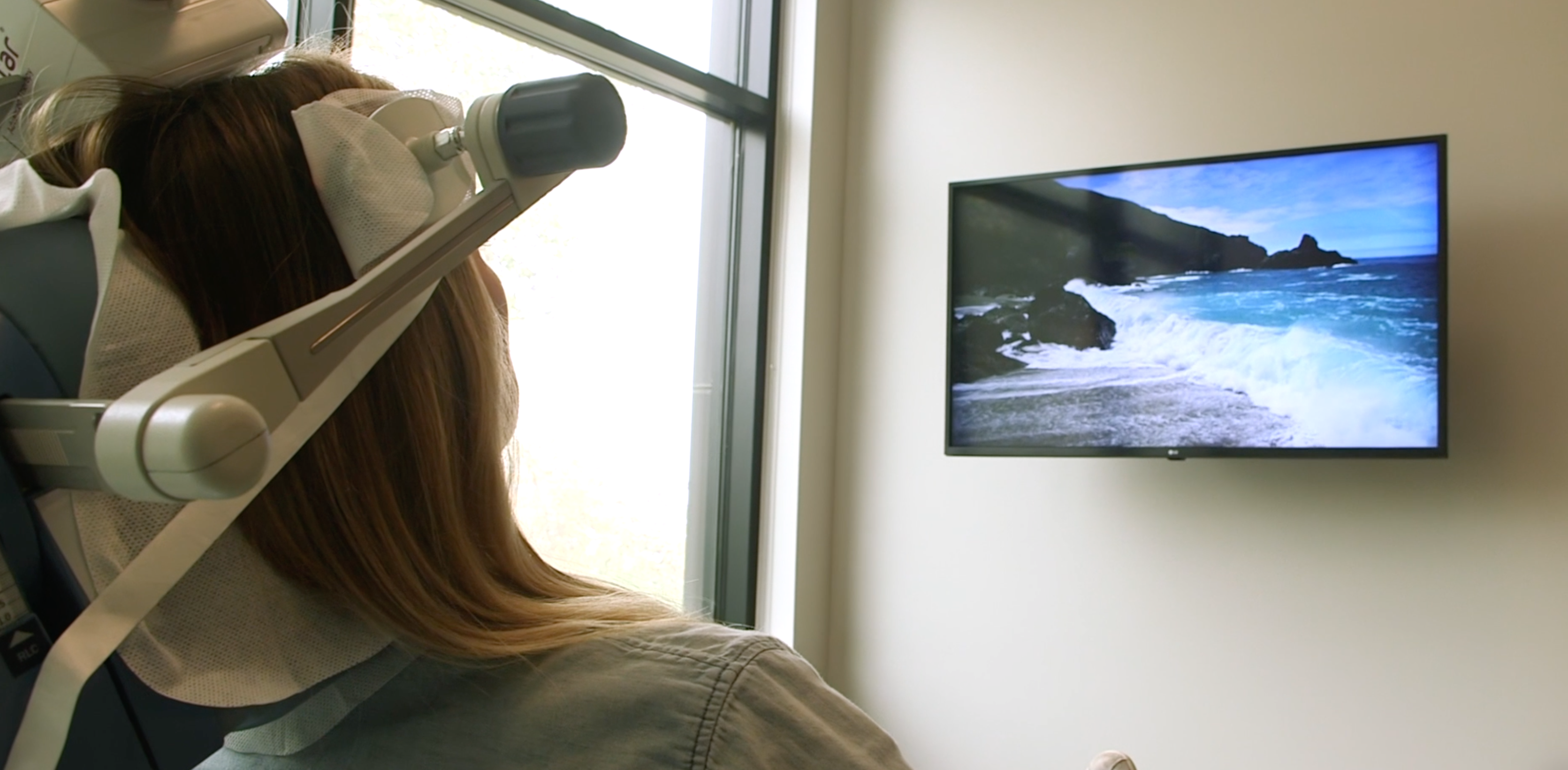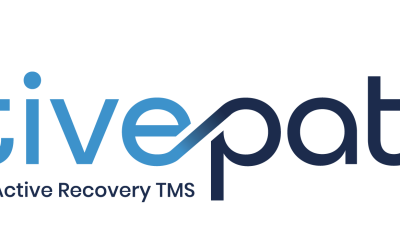Transcranial magnetic stimulation (TMS) is an innovative treatment approach for mental health. This treatment modality has gained recognition for its effectiveness in managing various conditions, specifically treatment-resistant depression. For patients whose depression has not responded to other treatments, TMS therapy can be invaluable. Do you need a breakthrough treatment for depression or obsessive-compulsive disorder (OCD)? TMS therapy may be the answer. To understand why TMS is so effective, it can help to learn what it does.
Understanding what TMS treatment is
TMS therapy is a noninvasive procedure using magnetic coils. At the start of a session, a magnetic coil is placed against the patient’s scalp. The coil sends pulses of magnetic energy to specific areas of the brain. For depression, this is the left dorsolateral prefrontal cortex. The dorsolateral prefrontal cortex is heavily involved in the regulation of mood. Increased activity in this area can reduce depressive symptoms. This can lead to lasting remission of depression. Each session only takes around 30 minutes to complete.
The two most common types of TMS treatment are repetitive TMS (rTMS) and deep transcranial magnetic stimulation (deep TMS). Both types of therapy have proven to be effective. Your care team should recommend the best fit for your treatment based on your needs and conditions.
Benefits of TMS treatment
- Versatility — Many patients seek TMS as a treatment for depression. It can be surprising to learn what else TMS is capable of. In addition to depression, TMS can also help with OCD. As researchers continue to assess TMS, they discover more applications. TMS therapy is now also FDA cleared to treat anxious depression. This can make it a great choice for people who have symptoms of anxiety accompanying their clinical depression. TMS has also shown good results in patients whose depression has resisted other treatments. For patients who have not found success with antidepressant medications, TMS can offer a great alternative.
- Minimal side effects — Other treatment modalities can come with severe side effects. For example, antidepressant medications can make you lose your appetite and feel sick. While these treatments can be necessary, their side effects are often unpleasant. With TMS treatment, most side effects are mild and short-term. The most common side effects with TMS are headache and scalp discomfort. TMS is also noninvasive. No instruments are inserted into the body. Though the process can seem intimidating at first, the TMS experience is surprisingly easy. The treatment may feel like someone is tapping on the side of your head. The sensation can be odd, but it is painless. Most patients adjust to this unfamiliar sensation relatively quickly. TMS is a promising alternative to those looking for treatment options with mild side effects.
- High efficacy — TMS has good evidence for benefit in treatment-resistant depression. It also works relatively quickly, especially compared to benefits from traditional medication. What is the timeline for TMS to start working? Most trials show patient improvement by the fourth week. After a full course of treatment, TMS tends to offer lasting relief. Patients who respond well can see lasting results up to a year after finishing treatment. What TMS is able to offer as a high-performance alternative makes it a valuable treatment option.
Active Path offers TMS to treat your mental health
TMS is a promising option for individuals seeking mental health relief. At Active Path, our team works to help each patient improve their mental health through various modalities including TMS. We also offer talk therapy for patients with depression and anxiety. With advanced TMS technology, we can help you experience the benefits of TMS therapy firsthand.
Contact our team today for more information or to schedule an initial appointment.





